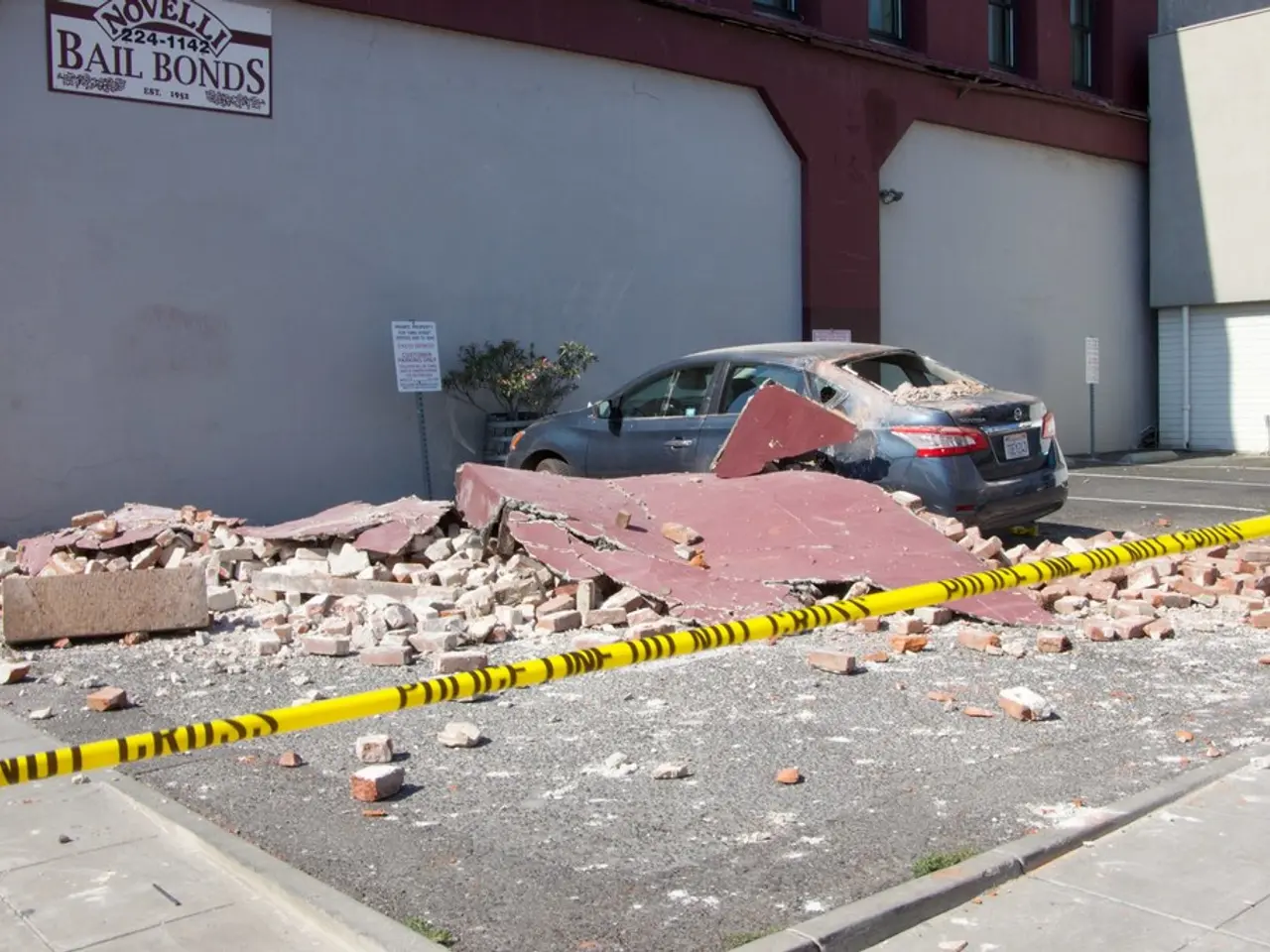Debt obligations for apartments in Latvia are now the responsibility of the new property owners
From January 1st next year, a new principle known as the "debt follows the apartment" will be implemented in an effort to ensure that financial obligations related to an apartment are transferred alongside the property during sales or transfers, whether through purchase, gift, or inheritance[1].
### Key Implications of the Principle
The new owner will be held accountable for settling any outstanding debts incurred within the last three years, specifically those related to utility bills, building management expenses, and reserve fund contributions[1]. Older debts will remain the responsibility of the previous owner.
Transparency is a crucial aspect of this principle, as buyers will be informed about existing debts before the transaction, ensuring they understand the financial obligations tied to the apartment[1]. If the new owner believes some debts are incorrectly calculated or unjustified, they can legally dispute them and, if necessary, continue ongoing litigation started by the previous owner[1].
### Enforcement Methods
The law mandates that upon ownership transfer, the debt related to the apartment follows the property, making it enforceable against the new owner by utility companies and building management[1].
Building management and utility companies track apartment-specific debts and have the right to claim payment from the new owner for obligations accumulated within three years. If the new owner refuses to pay, building associations or utilities can pursue legal claims against them[1]. The new owner inherits the right to dispute debts through legal proceedings, either filing new claims or continuing prior cases initiated by the previous owner[1].
Advance agreements can also be negotiated between sellers and buyers, legally documenting liability arrangements to clarify responsibilities[1].
### Debt Types Covered
This principle covers three main areas: utility debts, building management expenses, and reserve fund contributions[1]. Utility providers can demand payment from the new owner and initiate legal actions if unpaid, while management can enforce collection from the new owner. Contributions due within three years for major repairs or capital improvements will also transfer to the new owner for payment[1].
In conclusion, the "debt follows the apartment" rule enforces a clear transfer of recent financial obligations related to an apartment at ownership change, with legal mechanisms enabling utility companies and management bodies to collect outstanding debts directly from the new owner, while also allowing the new owner to dispute unjustified claims[1]. This principle aims to promote transparency in property transfers and protect service providers and housing associations from unpaid debts by ensuring continuity of financial responsibility tied to the apartment itself, rather than the individual owner[1].
Investing in a real-estate property from January 1st next year might involve considering the financial obligations that come with the apartment, as the "debt follows the apartment" principle will require the new owner to settle any outstanding debts related to utility bills, building management expenses, and reserve fund contributions incurred within the last three years. If the new owner finds any debts incorrectly calculated or unjustified, they can legally dispute them and continue any ongoing litigation started by the previous owner.




